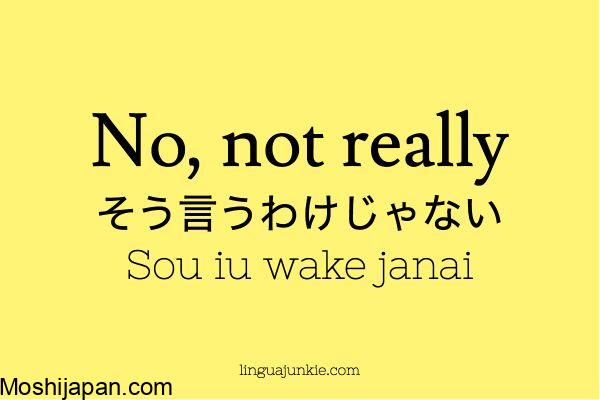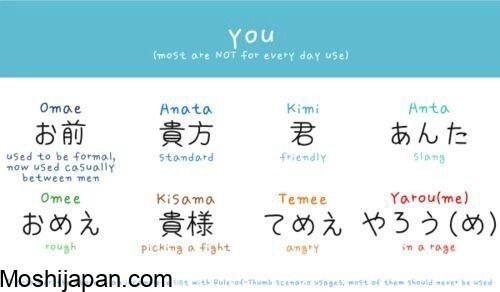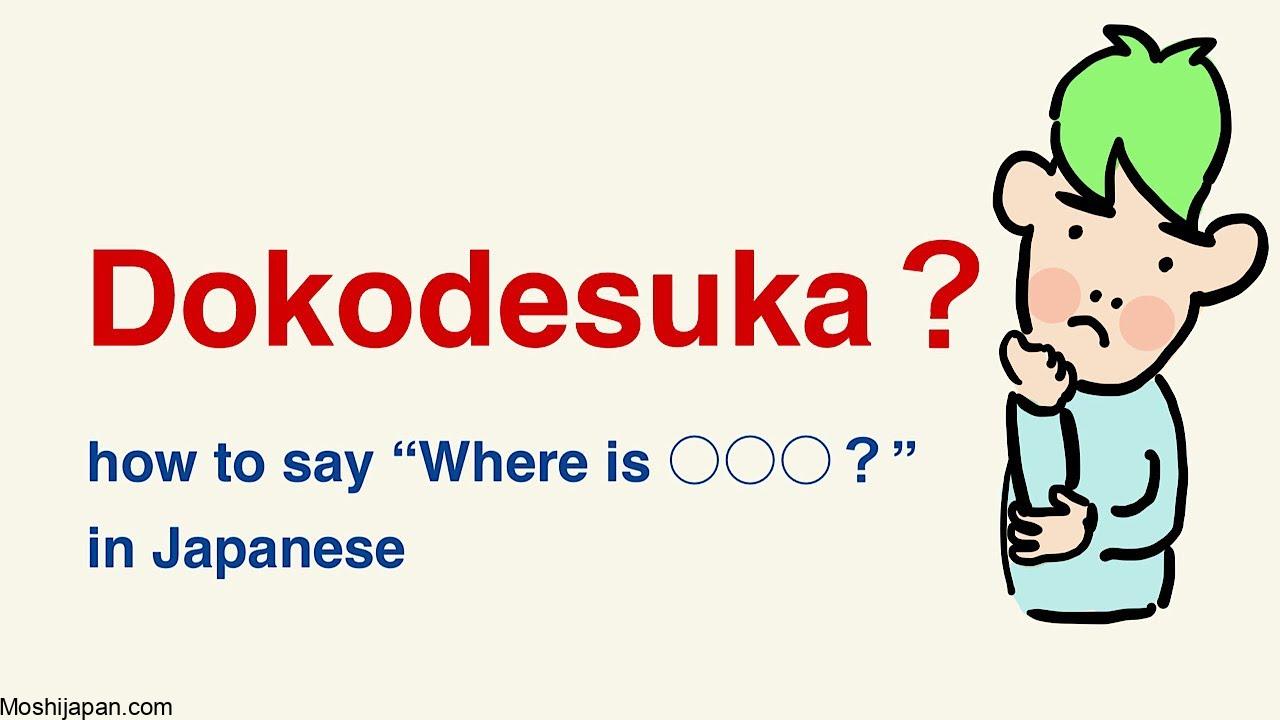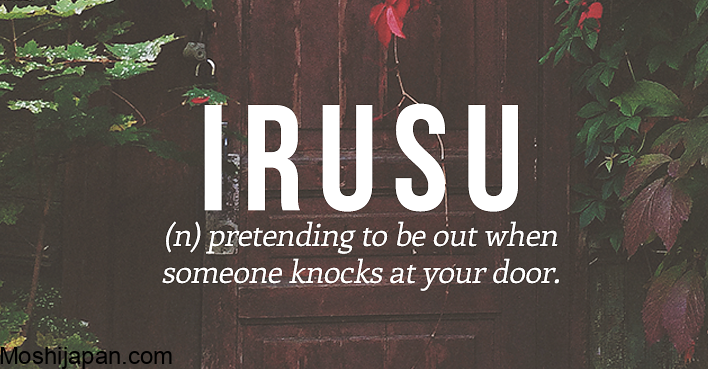How To Say “Great” In Japanese (+Good and Best)
If you’re someone who’s interested in learning Japanese or just curious about how to express positivity in this beautiful language, you’re in the right place. In this article, we’re going to explore various ways to say “great,” “good,” and “best” in Japanese. By the end, you’ll have a better understanding of these expressions and be well-equipped to use them in your conversations. So, let’s dive right in!
The Joy of Expressing Positivity in Japanese

Japanese is a language rich in nuances, and expressing different levels of positivity is no exception. It’s fascinating how a single word can convey various shades of meaning. So, here’s what you need to know:
1. “Great” in Japanese
The word for “great” in Japanese is すごい (sugoi). It’s a versatile word that can be used to express amazement or enthusiasm. For instance, if you see something impressive, you can simply say “すごい!” to show your admiration.
2. “Good” in Japanese
To express “good” in Japanese, you can use いい (ii). This word is straightforward and can be used in various contexts. If you had a good meal, you can say “おいしかったね!” (Oishikatta ne!) to share your enjoyment.
3. “Best” in Japanese
When you want to express something as the “best,” you can use 最高 (saikou). Whether it’s the best movie you’ve ever seen or the best meal you’ve ever had, “最高” is your go-to word.
Now that you’ve learned these essential expressions, let’s put them into practice.
Putting It into Practice

Imagine you’re at a Japanese restaurant, and you’ve just had an amazing meal. You want to compliment the chef and express how good it was. You can say, “この料理、すごくおいしかったです!” (Kono ryouri, sugoku oishikatta desu!), which translates to “This dish was incredibly delicious!”
Or, perhaps you’ve just seen a fantastic performance at a theater in Tokyo. You can turn to your friend and say, “その演技、最高だったね!” (Sono engi, saikou datta ne!), meaning “That performance was the best!”
A Note on Context

Like in any language, context matters in Japanese. The level of politeness and the situation you’re in will influence your choice of words. For formal situations, you might want to use more polite expressions. For informal conversations with friends, the casual forms we’ve discussed here work well.
Now, you might be wondering how to stay updated with more language tips and cultural insights related to Japanese. Well, we’ve got you covered!
Stay Informed with Moshijapan.com

Moshijapan.com is your go-to website for the latest updates on all things related to the Japanese language and culture. We regularly publish informative articles, just like this one, to help you on your language learning journey. Don’t forget to follow Moshijapan.com to explore more about “How To Say ‘Great’ In Japanese (+Good and Best).”
By staying connected with us, you’ll gain access to a wealth of knowledge about Japan and its fascinating language. So, whether you’re a language enthusiast or planning a trip to Japan, we’ve got something for you.
FAQ

Q: Is it okay to use “いい” (ii) to describe everything as “good” in Japanese?
A: While “いい” is a versatile word for “good,” it’s important to vary your vocabulary to express different levels of positivity. Using “すごい” and “最高” appropriately will make your expressions more vivid and engaging.
Q: Can I use these words in formal settings?
A: In formal situations, it’s recommended to use more polite expressions. For example, “素晴らしい” (subarashii) can be used in place of “すごい” in formal contexts.
Q: How can I learn more about Japanese culture?
A: Besides language, you can explore Japanese culture through books, documentaries, and by immersing yourself in local customs when visiting Japan. Following websites like Moshijapan.com can also provide valuable insights.
Learning to express positivity in Japanese is not only fun but also a great way to connect with the culture and its people. So, keep practicing, explore more with Moshijapan.com, and soon, you’ll find yourself confidently using these expressions in your conversations. Happy learning!
key words
- learn japanese in 90 days 2024
- japanese in use everyday
- japanese for to day
- how to say i love you in japanese



0 Comments